
O-hyun, a great Korean monk, depicts his enlightment through his poems
We were eager to meet the great Korean monk in his reception room, when he entered with a bald head, and a bold smile.
Shaking hand with him gave me a touch of the human aspect in Mr. Cho O-hyun, but listening to him added the divine side of that far-off saint.
The wise man was receiving everyone in the room as if that single guest is the only person there. His care was unimaginable to contact with everyone individually, and the Turkish, Tunisian, Moroccan, Omani, Jordanian, Egyptian and Korean guests were fond of him as he started talking. Even his humor sense was very remarkable when we turned to the garden for shooting memorial photos before saying goodbye for him. My great gift was not the banknote he distributed generously as if a father is treating his children in a festive day, but it was his books of poetry translated into English.
Far-Off Saint (which was translated somewhere else as: The Remote Holy Man), is the book I was keen to translate, to introduce Mr. Cho O-hyun for the first time ever in Arabic language for Arabic readers. The poems were chosen and translated from Korean into English by another poet; Mr. Chang Soo Ko.
Let me quote, at the beginning, some definitions of the type of poetry Mr. Cho O-hyun follows to write his poems. As Mr. Park Cheol-he mentions in an introduction; this type is called sijo. “The Sijo is a poetic genre that has one of the longest histories in Korean literature. It is originated from classical poetry and has been developed and handed down through the ages as the most suitable and traditional poetic form of the Korean people”, he says. He adds that “it is assumed to be traceable back to the tradition of classical Korean poetry. The sijo form may have appeared as a result of the development or transformation of the poetic for of traditional Korean folk songs, or hyangga usually consists of two to five two-line pairs, each pair having four Korean feet, and a Korean foot having three, four or five syllables; thus, making a hyangga about ten lines in length”.
Translating Mr.Cho O-hyun’s poems was a great amusement. He is the man who takes you to fly with him, to touch the truth in skies, to believe in love, to talk with the seas, to listen to the winds, to unfold the secrets of life. With very few lines that tell you everything. Sometimes you feel he passed away this or that ideas twice, but as the sun does every time with rising, the scene is not repeated, it is always different.
I shall not talk more, as we were taught; when poetry speaks, the prose has to be quite. Here are poems of Mr. Cho O-hyun from his book “The Far-Off Saint”, as a sample of the wisdom of a cloud rain that grows love on Earth
Far-Off Saint
Today, this one day,
This one day called today,
The swarm of dayflies
Lay eggs and die,
Saying there’s nothing more to see,
Having fully seen the rising sun
And the setting sun.
Though I’m still alive,
Having lived beyond the time to die,
I don’t fee I’ve lived anyone of the days.
If that’s the case,
The saint is but
A cloud of far-off dayflies,
Though he may live a thousand years.
Scarecrows
Waving hands even to the flock of birds flying away,
Waving hands even to people that pass by,
Scarecrows that smile working
Other people’s rice paddies.
Standing astride rice paddy banks
In years of full harvest, in years of lean harvest
Looking at the autumn field,
Mine or someone else’s.
Though penniless,
I’m a smiling Scarecrow.
Though people say I am a Scarecrow,
When I empty my mind and spread out my arms,
Everything, even the sky,
Comes into my intimate space.
Haze
No way to go forward,
No way to retreat.
Looking around, I only find
The vacant sky and the endless cliff.
It’s ridiculous:
I’ve roamed all my life
Only to arrive at this cliff.
The haze confusedly drifts around
This cliff here
Where I must finally cast away
Both life and death.
It’s absurd:
What I have clutched all my life
Is nothing other than haze.



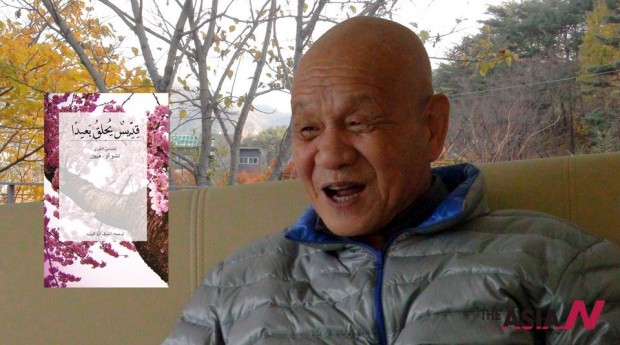
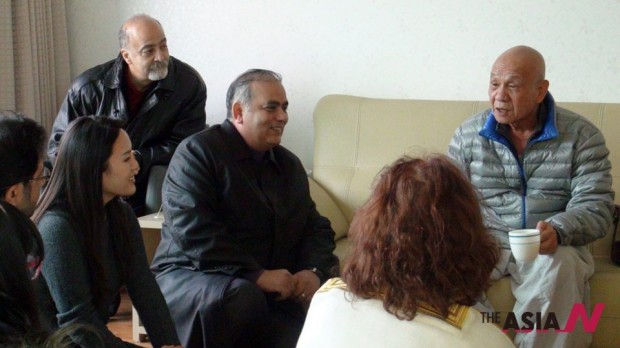

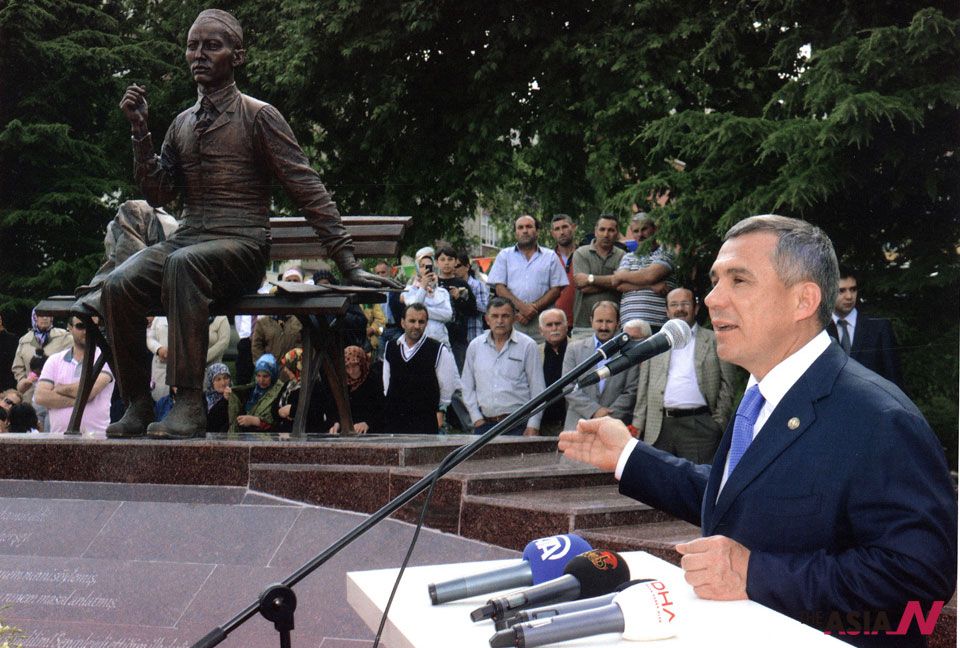
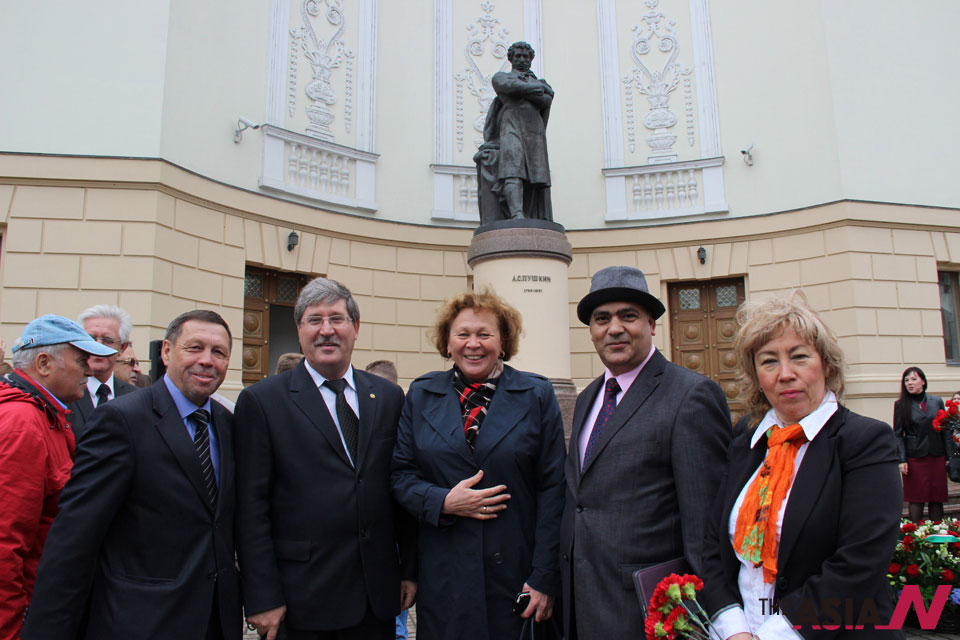
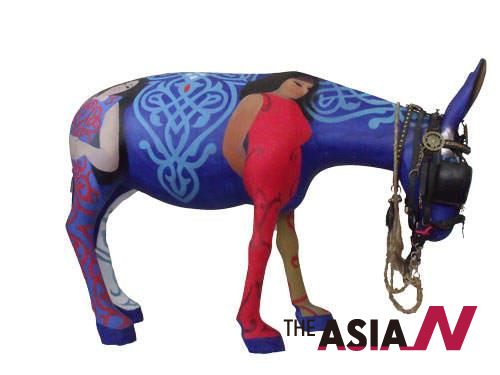














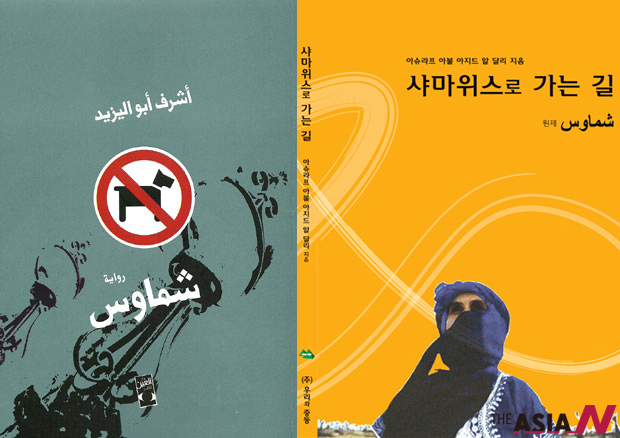







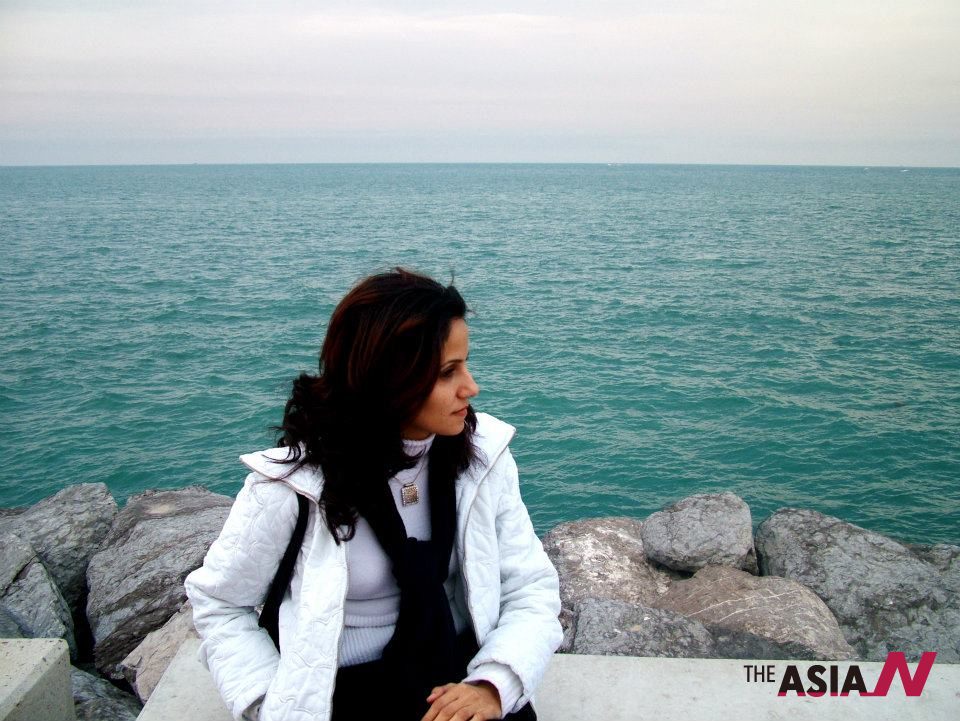
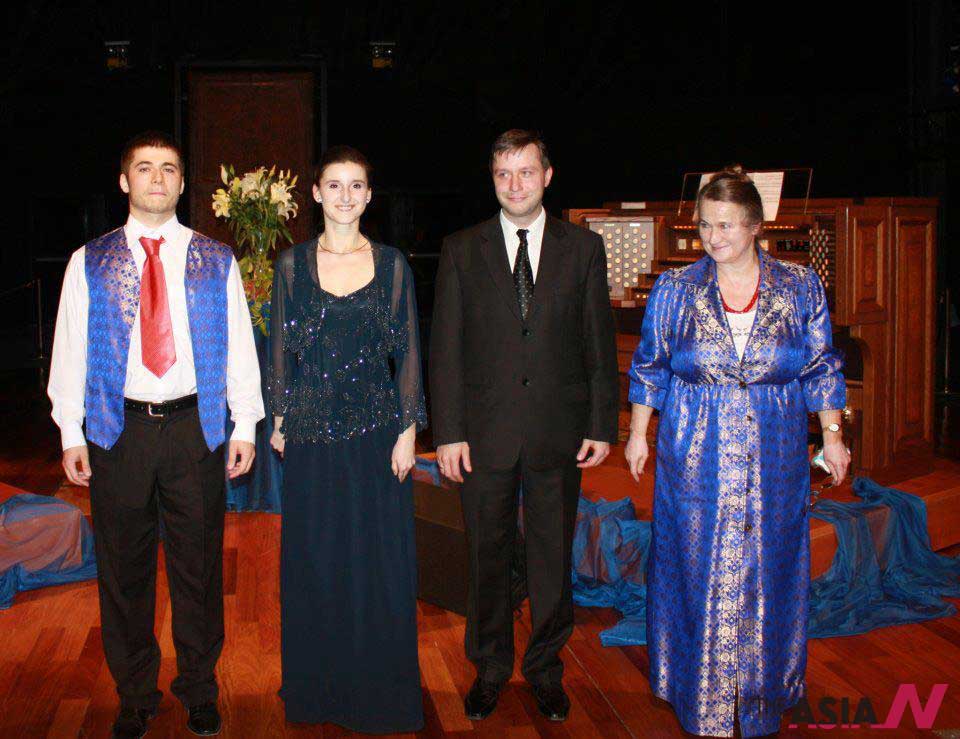




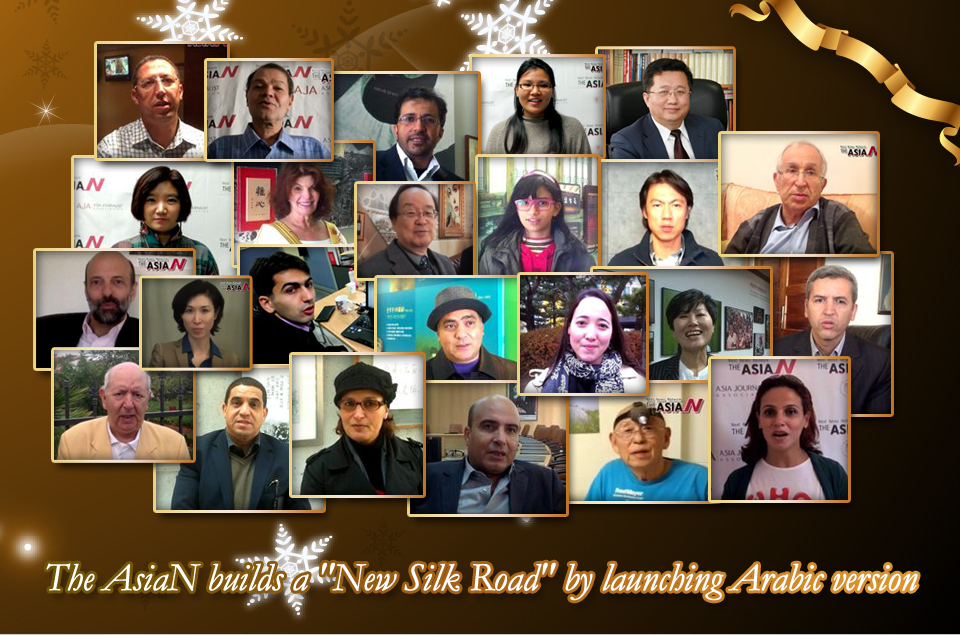





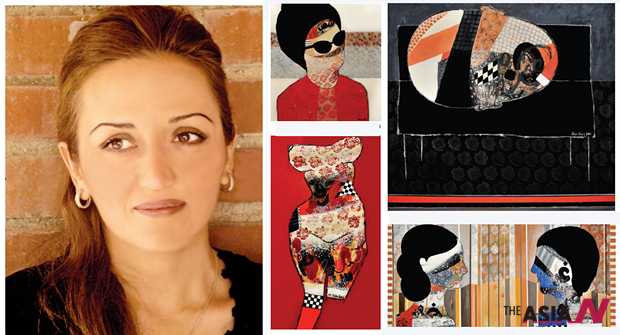

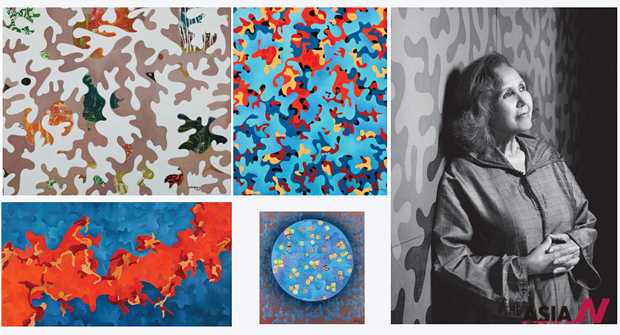
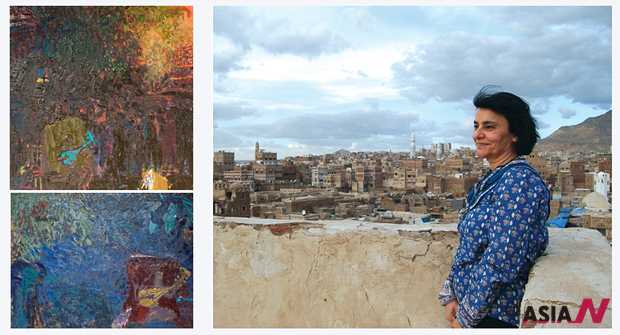
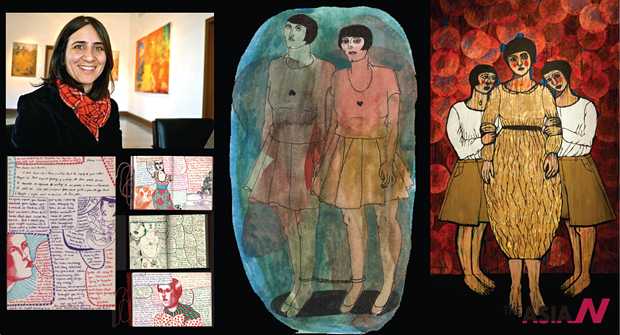









One thought on “O-hyun, a great Korean monk, depicts his enlightment through his poems”